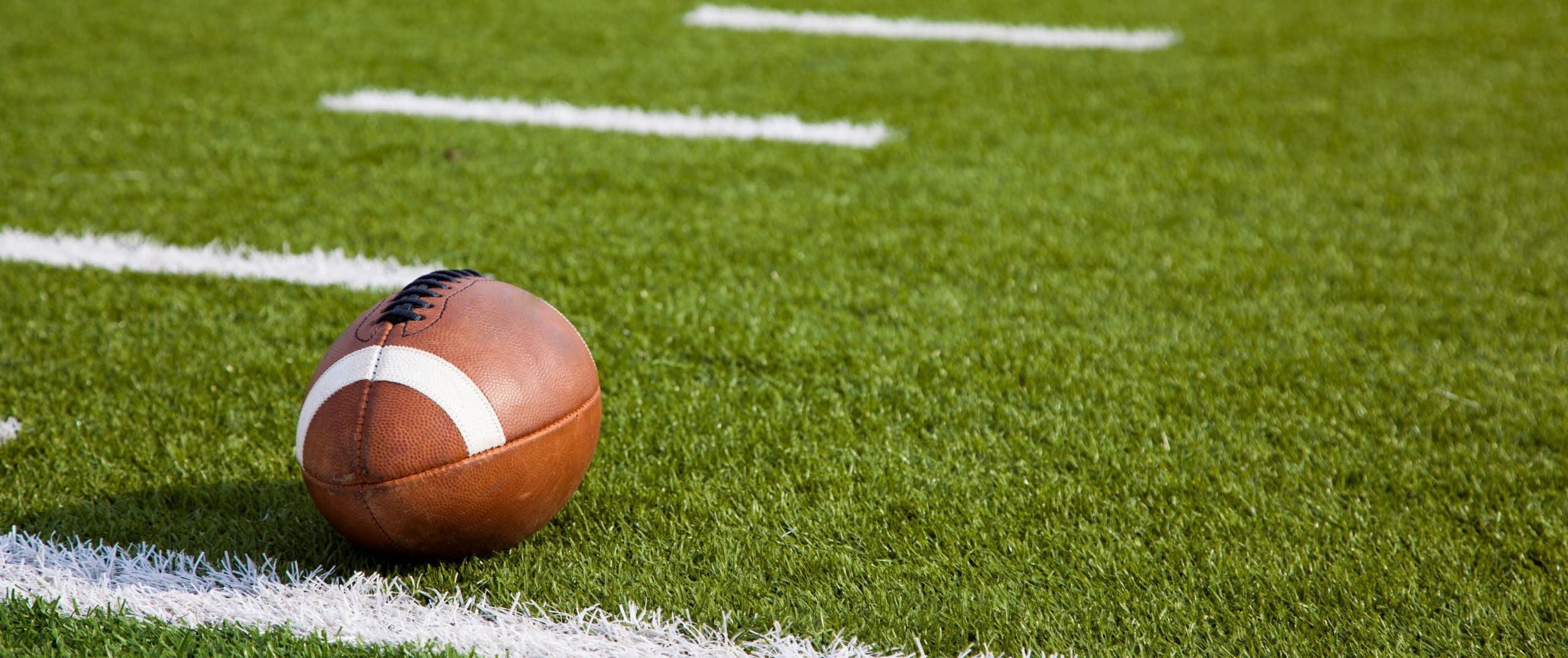We’ve known for quite some time that COVID-19 can cause significant heart problems. But new research shows that young people who have tested positive for the coronavirus – even those who never show symptoms – can experience inflammation of the heart, reports Yahoo News.
A new study has found that more than a third of student athletes who tested positive for COVID-19 had evidence of heart abnormalities, including inflammation and excess fluid in the pericardium.
“Student athletes who test positive for COVID-19 should consult their primary care physicians to determine if heart screening tests are needed – even if they never showed symptoms,” Partho Sengupta, Abnash C Jain Chair and Professor of Cardiology, Cardiology Division Chief and Director of Cardiac Imaging, West Virginia University told the news outlet.
Doctors are also concerned COVID-19 can trigger myocarditis, which can cause sudden heart failure, even in young people who are otherwise healthy. Although Sengupta says they didn’t find signs of myocarditis in their study, they did see a good amount of evidence for pericarditis: 40% had pericardial enhancement and 58% had pericardial effusion.
An expert consensus statement on the topic by cardiologists from the U.S., Canada, the U.K. and Australia made the following recommendations. These were reported in Yahoo News:
- Any student athlete testing positive for COVID-19 should follow quarantine rules and avoid exposing their teammates, coaches or anyone else to the virus.
- Before returning to play, athletes who test positive for COVID-19 should consult with their physicians to determine if heart screening tests are needed. Although routine testing is not recommended for all asymptomatic individuals, a physician should determine on an individual basis when the risks are high enough.
- If an athlete has active myocarditis, we recommend no competition or strenuous training for three to six months, with follow-up exams with a cardiologist. Exercise can worsen the disease’s progression and create arrhythmias, or irregular heartbeat. After that period, the athlete can gradually resume exercise and play if he or she has no lingering inflammation or arrhythmia.
- If an athlete has active features of pericarditis, we also recommend restricting exercise, since it can exacerbate inflammation or cause inflammation to return. Athletes should avoid competitive sports during the acute phase. Once tests show no inflammation or excess fluid, the athlete should be able to return to play.













